Some are lost in digital world while others are following legacy
3 min readAlthough technology never takes a back seat, it moves in just one direction: forward. It is not possible that it would reach all dimensions of society like the internet took 10 years to be introduced to Pakistani society after its official birthday in 1983.
No doubt, it is widely believed that Generation Z in Pakistan grew up with the internet and its buffet of possibilities. But this is only true to some extent.
“There were 87.35 million internet users in Pakistan at the start of 2023, when internet penetration stood at 36.7 per cent, out of the total population,” according to DataReportal. However, it can be said that two people of the same age, born in the early 2000s, one of whom lives in a Western society is a digital native as compared to a Pakistani who is a digital immigrant.
Digital natives are people who spend their whole lives in an internet-connected world while digital immigrants are those who adopt digital technologies.
At least this old proverb, ‘if you can’t beat them, join them’, can never fit into Pakistani society, as the expansion of technology is highly based on class stratification. If we narrow down the concept of the technological gap between Pakistan and any Western country, we would understand its other aspects pertaining to the technological lag within Pakistani society.
Considering again two people of the same age, (eg born in 2002), one from the upper class in Pakistan and the other from the lower class, it is found that the one from the upper one is a digital native, while the one from the lower class is a digital immigrant or digital illiterate. This issue might be faced all over the world, but the situation here is extreme.
The lower class is entangled in the cycle of basic needs; they are unaware of the benefits of technology or their perception of technology may be wrong as many stereotypes are attached to the concept of technology. It is highly assumed that adopting technology means adopting Western culture and societies like Pakistan fear challenging their cultural values.
However, the digital gap widens the gap between the rich and the poor, making it even harder for the poor to improve their lives. It is widely believed that those born after the year 1985 are considered digital natives, but ironically, in Pakistan, it is more based on whether you’re from the lower class or the upper class.
There is also a strong expectation in the lower class that children will follow in their parents’ footsteps, ie, in employment and careers. They are reluctant to mobilise themselves, and then the legacy goes on with digital illiteracy and slower mobilisation.
Well, this is not the only debate. Many policymakers in Pakistan are digital immigrants. Digital immigrants usually lack an understanding of the potential benefits and risks of digital technologies, so we face an inability to effectively regulate digital technologies.
When making policy decisions, digital immigrants must be willing to learn about new technologies and their subtle challenges and consult with digital natives. For exploring the potential benefits of collaboration between digital natives and digital immigrants, how can these two generations work together to bridge the gap and promote technological progress in Pakistan?
We need to put efforts into improving the infrastructure, promoting digital literacy, providing subsidies, and most importantly, ensuring that digital content is available in local languages.
Reducing class-based disparities in access to digital technologies can contribute to a more inclusive and equitable society in Pakistan. By doing this, we can ensure that the laws and regulations we enact reflect the needs of the digital age.
Sarah Azhar is a Mass Communication student at the University of Karachi.
For the latest news, follow us on Twitter @Aaj_Urdu. We are also on Facebook, Instagram and YouTube.




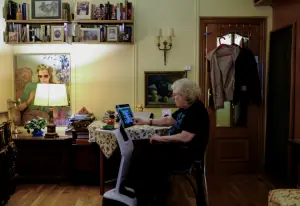
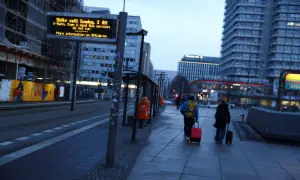









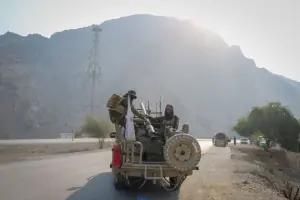

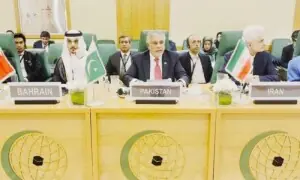

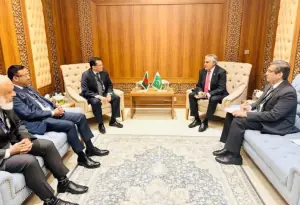
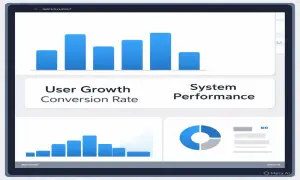

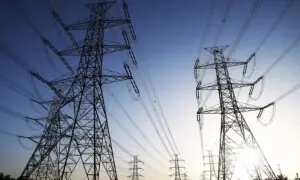



Comments are closed on this story.